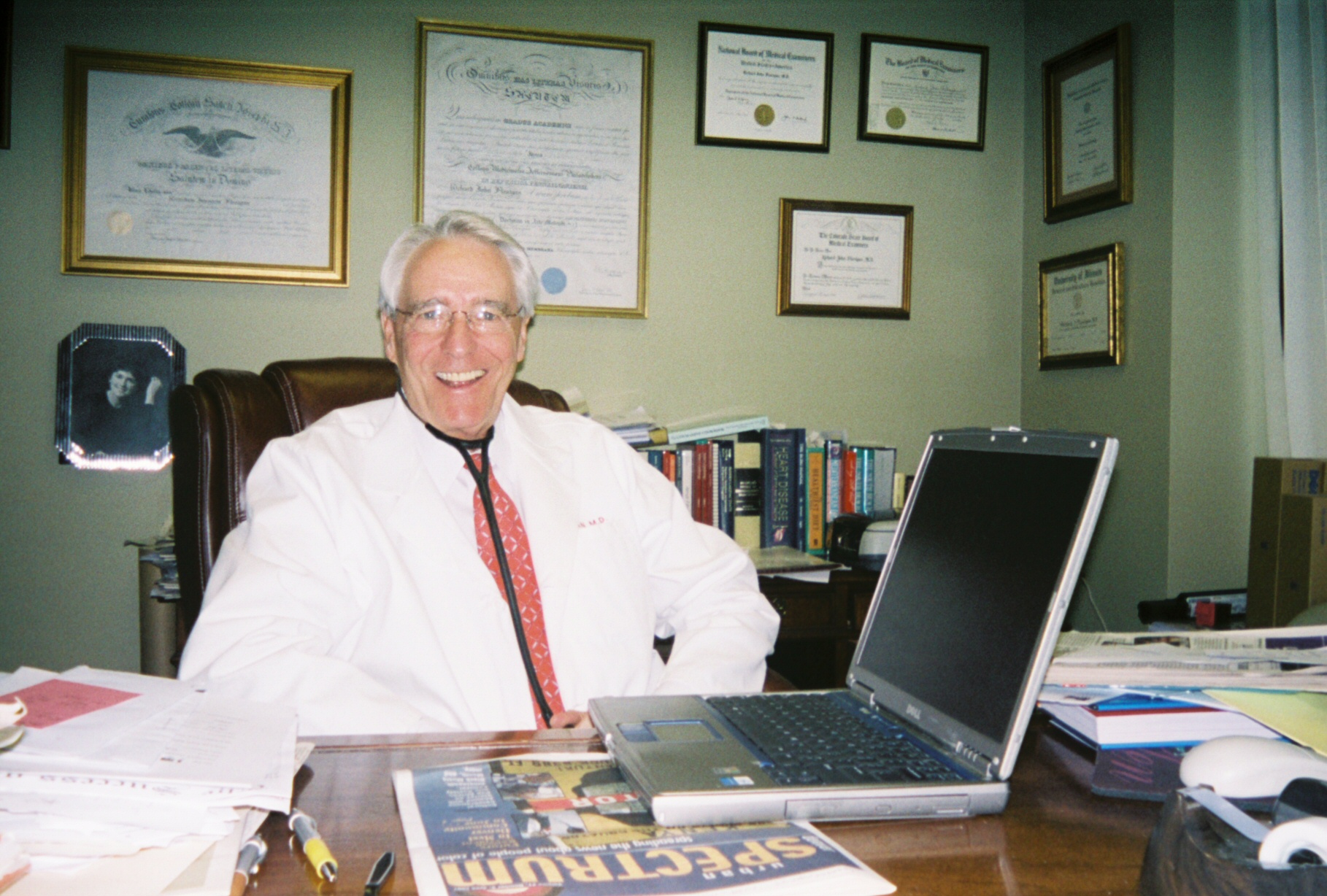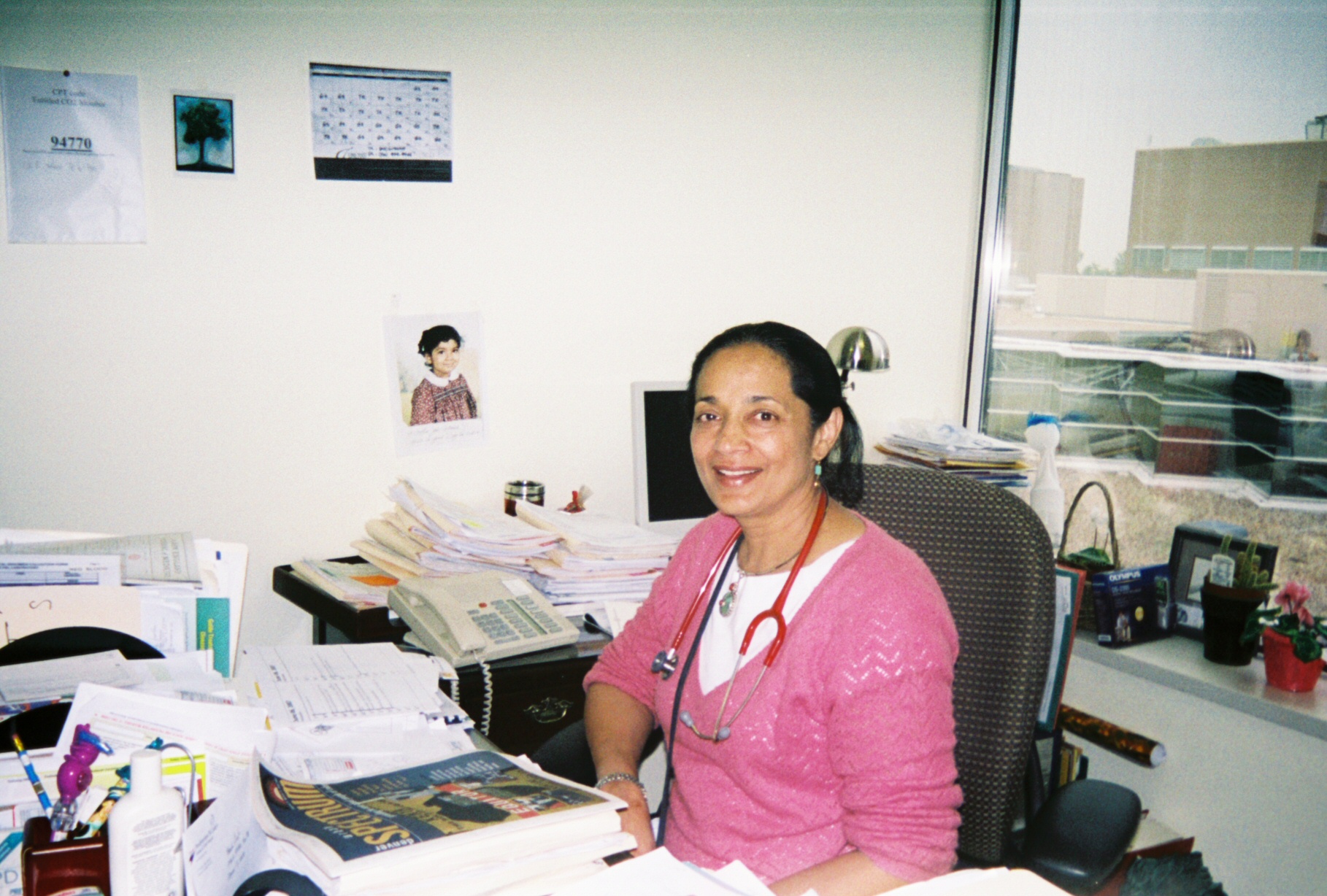By LisaMarie Martinez
As the young and old head outdoors this summer to enjoy the state’s Rockies, foothills and plains, the only way to stay healthy is to know how to stay prepared and protected. From eyes to ears and the skin to the heart, the whole body needs attention to avoid pain, illness and even death.
With the Fourth of July around the corner, fireworks are already starting to fizzle and fly. When it comes to the eyes, sparklers can be just as dangerous as explosive fireworks.
“Every year there are eye injuries, due to the usage of fireworks, that can be prevented through the use of protective eyewear; injuries such as superficial burns on the eyelids, loss of eyelashes, lacerations of the eyelids, corneal lacerations, penetrating injuries to the cornea, and complete rupture of the globe, which can lead to (blindness or surgical removal of the eye),” said Dr. Justin T. Cohen of Children’s Eye Physician PC.
 With high temperatures rising, the swimming pools are already full this summer with one of the season’s most popular activities. Swimming can lead to “swimmer’s ear,” where water stays in the ear canal causing an infection that requires the use of prescribed, antibiotic ear drops. Despite the body producing earwax to block out water, swimmers usually clean wax from their ears or the chlorinated water removes it, which then allows water to enter the canal. With high temperatures rising, the swimming pools are already full this summer with one of the season’s most popular activities. Swimming can lead to “swimmer’s ear,” where water stays in the ear canal causing an infection that requires the use of prescribed, antibiotic ear drops. Despite the body producing earwax to block out water, swimmers usually clean wax from their ears or the chlorinated water removes it, which then allows water to enter the canal.
“To prevent swimmer’s ear, dry your ear out with tissue not with a Q-tip, then use a drop or two of baby oil in your ear after you swim,” said Dr. Nigel Pashley of Children’s Ear, Head & Neck Associates and author of the journal article, Tympanostomy tubes and liquids.
Avoid Cancer With The Right Protection
With approximately 300 days of sunshine in Denver; more than San Diego or Miami Beach, the Mile-High City is a year-round outdoor playground. Outdoor activity at 5,280 feet in the city and at higher elevations a few miles away can equal a higher risk for skin cancer.
 “There is a very common misconception that people of color do not require sun protection and, in fact, there is even the misconception that they are not susceptible and have no risk to suffer from or develop a skin cancer,” said Dr. Robert E. Tuchler; a plastic surgeon in Denver. “There is a very common misconception that people of color do not require sun protection and, in fact, there is even the misconception that they are not susceptible and have no risk to suffer from or develop a skin cancer,” said Dr. Robert E. Tuchler; a plastic surgeon in Denver.
While fair skinned people can suffer more from sun exposure due to decreased amounts of skin pigmentation, having more pigment does not completely prevent people of color from developing skin cancer. The main types of skin cancer from sun exposure are basal cell carcinoma, squamous cell carcinoma, and melanoma, which is the most deadly.
“Although their risk is lower than Caucasians for developing skin cancer, people of color can develop any type of skin cancer that a Caucasian can and therefore should take all of the same protective measures to minimize the amount of UV (ultraviolet) radiation they are exposed to throughout their life,” Tuchler said. “The peak UV radiation hours from 10 a.m. to 3 p.m. should be avoided, regardless of the presence of clouds because they only reduce the amount of UV radiation by 20 to 40 percent; and infants should be covered and get no sun exposure.”
He recommends the daily use of sun protection products by everyone even when just sitting in the car, shopping outdoors, or walking the dog. The lifetime accumulation of UV radiation, even in small doses, contributes to the risk for developing skin cancer.
Sunscreens differ from sun blocks in application and in side effects. Sunscreens chemically react with each individual’s skin, and take about 30 minutes to become effective after being applied. People who develop rashes or irritations to sun products are more likely to react to sunscreens, so sun blocks would be the better product for them. Sun blocks act as physical barriers between the skin and the sun, and work instantly upon application.
“Sunscreens need to be applied at least 30 minutes prior to sun exposure, reapplied every 2 to 4 hours, and reapplied if they rub off due to increased activity,” Tuchler said.
The Sun Protection Factor or SPF of a product increases the amount of time one can spend in the sun before the skin begins to turn red, but it does not completely protect from a sun burn nor completely block UV radiation. For example, an SPF 2 allows the wearer to spend twice as long in the sun before the skin begins to experience sun damage. The American Cancer Society as well as most plastic surgeons and dermatologists recommend using at least an SPF 15 product to prevent cancer.
“Sun products should be used in conjunction with sun protective clothing. Anytime your skin changes color means that it has incurred sun damage,” said Tuchler.
The protective clothing refers to tightly woven clothes with long sleeves or pant legs as opposed to T-shirts or shorts, and wide-brimmed hats as opposed to visors or baseball caps. Eyes should be protected with sunglasses, and the hands, the top of the ears, and the tip of the nose should be covered as well.
Cohen of Children’s Eye Physician said, “People with dark pigmentation and dark eyes are less sensitive to sunlight therefore will be less likely to wear sunglasses in the summertime,” but they are just as prone to eye damage as anyone.
Though genetics play a role in many illnesses such as cancer, “Many people, of the million that are diagnosed every year for skin cancer, have never had a family member with skin cancer; so you are not protected or immune from skin cancer,” said Tuchler.
Many drugs, such as those used by transplant patients or for the treatment of chronic diseases such as arthritis and high blood pressure, can make skin more susceptible to sun damage. Talking to a doctor or pharmacist about medications and sun exposure can help in staying healthy in the sun, and they can also assist in early detection of precancerous conditions such as certain moles and skin discoloration.
Handle The Heart And Lungs With Care
Getting fit becomes a priority for some people in the summertime, when they suddenly increase their physical activity and accelerate their heart rates. However, a gradual increase in exercise is recommended to achieve fitness to avoid overexertion on the heart. Cultural and age factors should also be considered prior to engaging in new physical exercise.
 “African Americans have a more prominent tendency towards high blood pressure, and for all individuals over 40 to 45 years of age, we recommend a stress test to determine the presence of any heart disease or rhythm disturbances that could cause sudden death,” said Dr. Richard J. Flanigan, preventative cardiologist and co-author of the soon-to-be-published book Longevity Made Simple. “African Americans have a more prominent tendency towards high blood pressure, and for all individuals over 40 to 45 years of age, we recommend a stress test to determine the presence of any heart disease or rhythm disturbances that could cause sudden death,” said Dr. Richard J. Flanigan, preventative cardiologist and co-author of the soon-to-be-published book Longevity Made Simple.
Heart disease results in the most deaths in the United States, but can be prevented by maintaining low cholesterol levels through diet, exercise, and for some people, medications. While blood pressure increases with activity and sun exposure, being an African American with a tendency towards high blood pressure could further increase the risk of a stroke. Yet again, experts recommend consulting a physician prior to engaging in any exercise.
Heart problems can be compounded when exercise aggravates pre-existing lung conditions, since the health of the two organs are interconnected.
“Despite exercise improving lung function, smoking causes heart disease more than it does lung disease due to the damage it causes to the arteries of the heart,” said Flanigan.
Heat and exercise, especially in the summer, cause a large loss of fluid from the body, so hydration with sports drinks or water are important.
 “Dehydration can cause electrolyte disturbances, which can cause serious cardiac arrhythmias and sometimes death. Too much alcohol consumption can be dehydrating,” said Flanigan. “Dehydration can cause electrolyte disturbances, which can cause serious cardiac arrhythmias and sometimes death. Too much alcohol consumption can be dehydrating,” said Flanigan.
Going camping in the mountains is a popular activity during the summer; but people need to understand the risks of higher altitudes. Due to the lower oxygen levels at higher altitudes, anyone with an illness in their lungs or other breathing difficulties can experience complications, even life-threatening, said Dr. Tania Z. Khan of Colorado Pediatric Pulmonary Associates.
Holistic Hints For Summer Health
The Holistic approach to preparing the body for summertime activities incorporates the mind, body, spirit, and emotions.
 “According to the Five Element Theory, each organ system has a particular orbit of control in the body and a particular food flavor/color corresponding to that organ system; and so the summertime belongs to the earth element, which is the stomach and the spleen,” said Dr. S. Abayomi Obadele Meeks of Moyo Associates, Inc. “According to the Five Element Theory, each organ system has a particular orbit of control in the body and a particular food flavor/color corresponding to that organ system; and so the summertime belongs to the earth element, which is the stomach and the spleen,” said Dr. S. Abayomi Obadele Meeks of Moyo Associates, Inc.
The energy or qi, pronounced ‘chi,’ in the stomach and the spleen is enhanced during the summertime, according to Eastern medical philosophy, so the healing of these organs is a priority during this time of year. Healing may include detoxifying through fasting, or strengthening through adding foods to the diet. Fasting may include avoiding foods high in simple carbohydrates, like white bread, whole wheat bread, and white potatoes. Strengthening involves adding the flavor of sweetness and the color of orange or earth tone to the diet. Foods with these characteristics do not contribute to obesity and include such complex carbohydrates as multigrain bread, brown rice, sweet potato, bananas, and carrots. In the Holistic approach, even these foods should be consumed in moderation.
Meeks recommends always preparing for activity by warming up the body.
“Giving yourself a massage, or dry washing, serves to warm up your body. Gentle massage all your body (during the summertime), starting with your face and finishing with your feet, so as to create circulation through vasodilation,” said Meeks.
Light stretching prior to and after activity is essential to keep muscles more limber and elongated; and preserve the joints.
“In the Five Element Theory, the flesh of the body is under the control of the spleen; a strong spleen is seen through good muscle tone, shape and elasticity,” said Meeks.
Due to our high altitude in Colorado, foods high in oxygen are recommended; including blue-green algae or Spirulina. Spirulina comes in many forms and is high in protein, providing a prolonged energy source to the body. Eastern medicinal philosophy suggests less consumption of spicy foods in the summertime, because they tend to heat up the body and can lead to overheating diseases, such as heat stroke and reflux issues.
“In the summertime it is important to eat foods that keep the body cool and are high in water and potassium content: salads, blueberries, strawberries, and bananas; and they are good for ‘fasting’ as well,” said Meeks.
Magnesium with Potassium in a balanced intake is good for the muscles, balancing out the Calcium and Sodium, which is especially beneficial for people whose diets tend to be high in sodium.
“Remember that Holistic approaches involve the assessment of your mental and emotional state,” Meeks said. “Holistic Medicine treats the whole person, so treat yourself.”
Return To Top |
